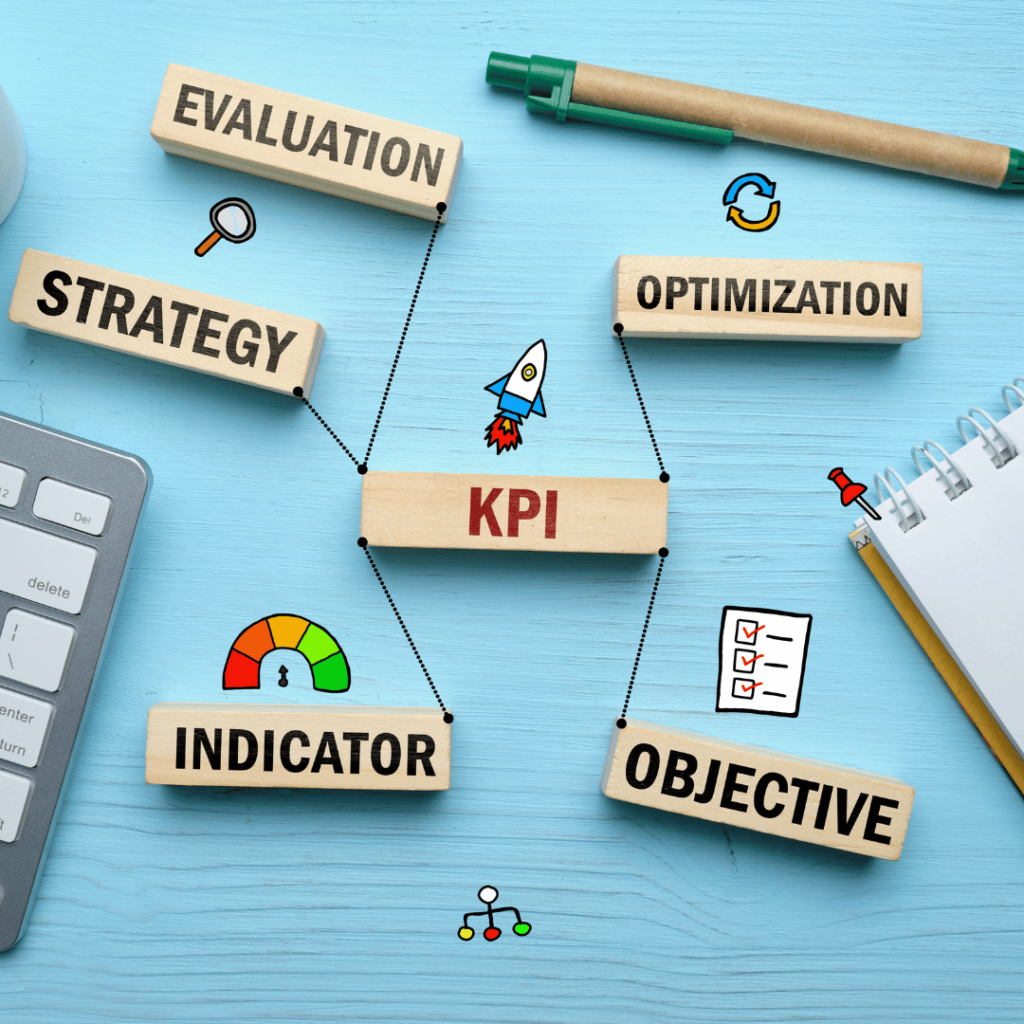In today’s fast-paced business landscape, making informed decisions is critical for staying competitive. Key Performance Indicators (KPIs) serve as essential tools for entrepreneurs and business owners seeking to navigate their technology decision-making processes. By tracking KPIs, organizations can measure progress, identify trends, and align their technology initiatives with broader business goals. This article will explore the role of KPIs in technology decision-making and how businesses can leverage these metrics to optimize performance and drive growth.
Understanding Key Performance Indicators (KPIs)
Key performance indicators (KPIs) are measurable metrics that reflect a business’s overall health. They help track progress toward specific goals like customer satisfaction, revenue growth, and employee engagement. KPIs can include financial metrics such as net profit margin and performance indicators like customer retention rate. For entrepreneurs, KPIs are essential for monitoring processes, tracking metrics in real time, and making informed decisions based on data.
Effective KPIs should be specific, measurable, attainable, relevant, and time-bound to ensure they accurately reflect a business’s success and progress toward goals.
The Role of KPIs in Technology Decision-Making
When it comes to technology decision-making, KPIs play a crucial role in helping businesses evaluate their current technology infrastructure and make strategic decisions for future investments. By measuring and tracking key metrics related to technology performance and usage, organizations can gain valuable insights into their technological capabilities and identify areas for improvement.
For example, a company may use KPIs such as website traffic, conversion rates, and average order value to assess the effectiveness of their e-commerce platform. These KPIs can help identify potential issues that may be hindering sales and inform decisions for optimizing the website.
Additionally, KPIs can also assist in evaluating the success of technology projects. By setting specific KPIs before launching new initiatives, businesses can measure their impact on overall performance and determine if they are achieving desired outcomes.
The Importance of KPI Tracking in Technology
When it comes to technology decision-making, KPI tracking is essential for measuring how well new tools or systems align with strategic goals. Whether you’re implementing new software, optimizing IT infrastructure, or launching a digital transformation initiative, the right KPIs will help track performance and ensure that technology investments are delivering value. Tools like KPI dashboards and customizable dashboards allow business owners to visualize KPIs and measure progress efficiently. Monitoring performance through KPI tracking ensures that technology initiatives drive efficiency and align with your long-term goals.
Setting the Right KPIs for Business Growth
Not all KPIs are created equal, and it’s crucial to choose the right KPIs for your specific business processes. For instance, marketing teams might focus on KPIs such as website traffic or customer acquisition cost, while sales teams may track net sales and customer lifetime value. By aligning KPIs with each department’s objectives, businesses can measure performance across various aspects of the organization. Setting both leading and lagging indicators ensures that companies can predict future trends and evaluate past performance.
Leveraging KPI Dashboard Software for Strategic Insights
KPI dashboard software is an invaluable tool for businesses looking to track multiple KPIs at once. By offering customizable dashboards, these platforms provide valuable insights into business performance, from sales KPIs to employee satisfaction. With the ability to track KPIs in real time, business owners can make data-driven decisions faster and with greater confidence. Tracking KPIs such as customer retention, net promoter score, and financial KPIs enables businesses to optimize their operations, identify key success indicators, and stay agile in a rapidly changing market.
Measuring the Impact of KPIs on Business Strategy
KPIs are more than just numbers—they are a reflection of a company’s strategic goals. By measuring KPIs and analyzing the data, businesses can gain actionable insights that drive decision-making. For example, monitoring KPIs such as revenue generation, total revenue, and customer lifetime value helps to assess the impact of technology initiatives on overall business growth. Informed decisions backed by KPI data allow businesses to adjust strategies, encourage employees, and improve financial health over a specific period.
In conclusion, KPIs are indispensable tools that empower tech executives to make informed, data-driven decisions. By understanding their significance, setting effective metrics, and leveraging advanced technologies, organizations can harness KPIs’ full potential to achieve strategic objectives. For further guidance, explore the services offered by 910 Advisors, experts in operations and technology transformation. Stay ahead in the digital landscape and drive your organization toward success.

